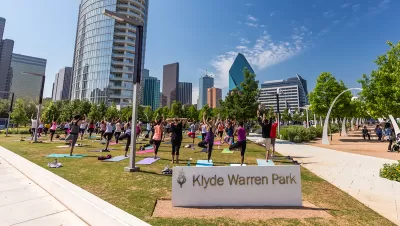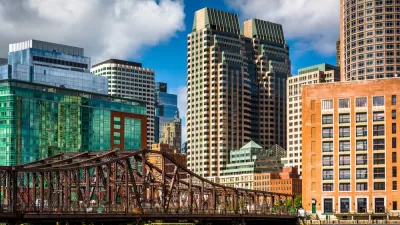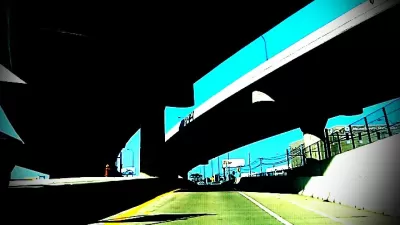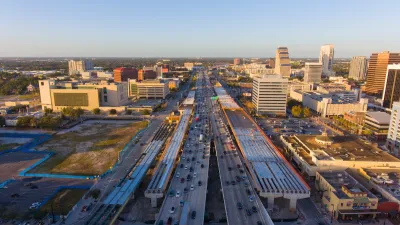Some worry that, of the many reasons cities pursue cap parks, creating quality green space is low on the list.

Increasing numbers of U.S. cities are creating parks on top of urban highways in hopes of spurring development, according to the Pew Charitable Trust. Cities often turn to cap parks as a way to repurpose aging infrastructure and revitalize urban cores, writer Martha Moore explains on the Trust's blog. "In crowded cities, highway deck parks are a way to create new acreage and provide green space that can spur downtown development."
The benefits of cap parks are not undisputed, though. Critics—including Streetsblog USA editor Angie Schmitt—fear that cap parks are little more than a form of greenwashing, providing plausible cover for highway expansions that draw funds from public transit.
Moore delves into the economic and environmental impacts of cap parks in Pittsburgh, Dallas, and Atlanta. Other cities considering or working on cap parks include Philadelphia, Golden, CO, and Santa Monica, CA.
FULL STORY: More Cities Are Banishing Highways Underground — And Building Parks on Top

Alabama: Trump Terminates Settlements for Black Communities Harmed By Raw Sewage
Trump deemed the landmark civil rights agreement “illegal DEI and environmental justice policy.”

Planetizen Federal Action Tracker
A weekly monitor of how Trump’s orders and actions are impacting planners and planning in America.

The 120 Year Old Tiny Home Villages That Sheltered San Francisco’s Earthquake Refugees
More than a century ago, San Francisco mobilized to house thousands of residents displaced by the 1906 earthquake. Could their strategy offer a model for the present?

In Both Crashes and Crime, Public Transportation is Far Safer than Driving
Contrary to popular assumptions, public transportation has far lower crash and crime rates than automobile travel. For safer communities, improve and encourage transit travel.

Report: Zoning Reforms Should Complement Nashville’s Ambitious Transit Plan
Without reform, restrictive zoning codes will limit the impact of the city’s planned transit expansion and could exclude some of the residents who depend on transit the most.

Judge Orders Release of Frozen IRA, IIJA Funding
The decision is a victory for environmental groups who charged that freezing funds for critical infrastructure and disaster response programs caused “real and irreparable harm” to communities.
Urban Design for Planners 1: Software Tools
This six-course series explores essential urban design concepts using open source software and equips planners with the tools they need to participate fully in the urban design process.
Planning for Universal Design
Learn the tools for implementing Universal Design in planning regulations.
Clanton & Associates, Inc.
Jessamine County Fiscal Court
Institute for Housing and Urban Development Studies (IHS)
City of Grandview
Harvard GSD Executive Education
Toledo-Lucas County Plan Commissions
Salt Lake City
NYU Wagner Graduate School of Public Service





























